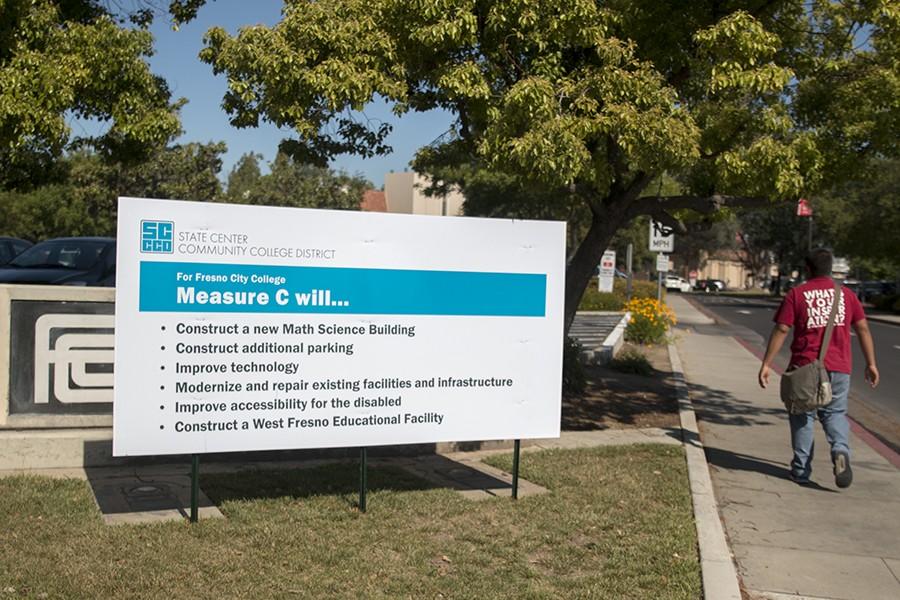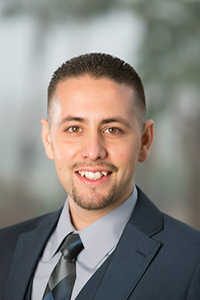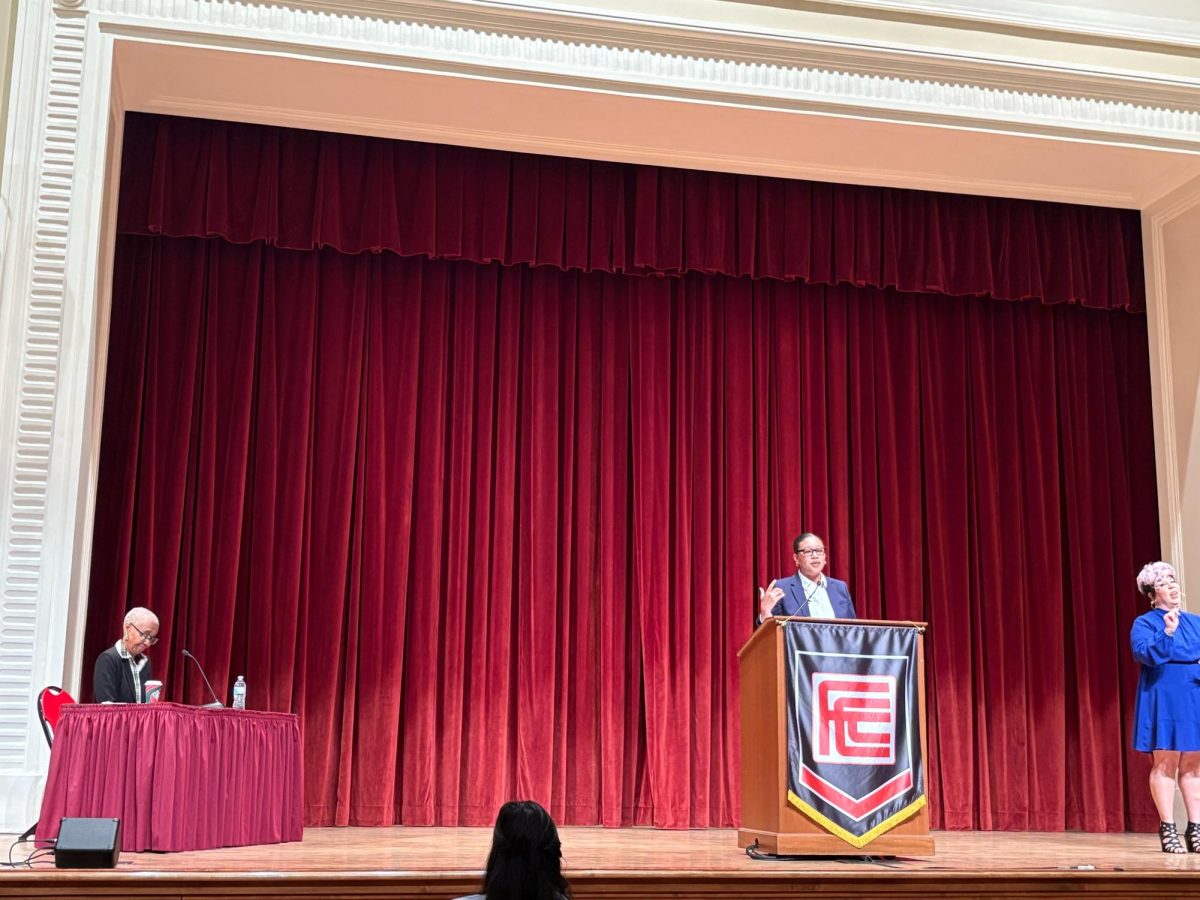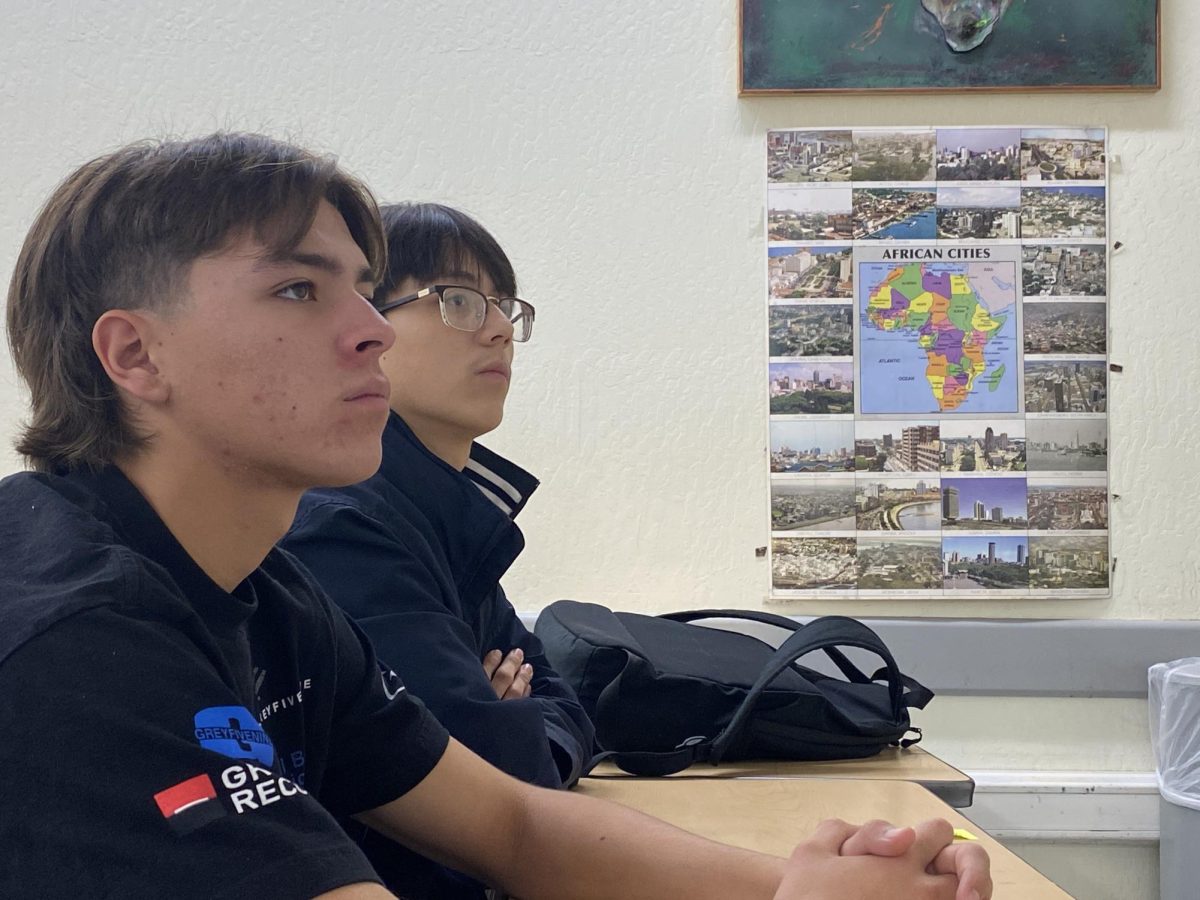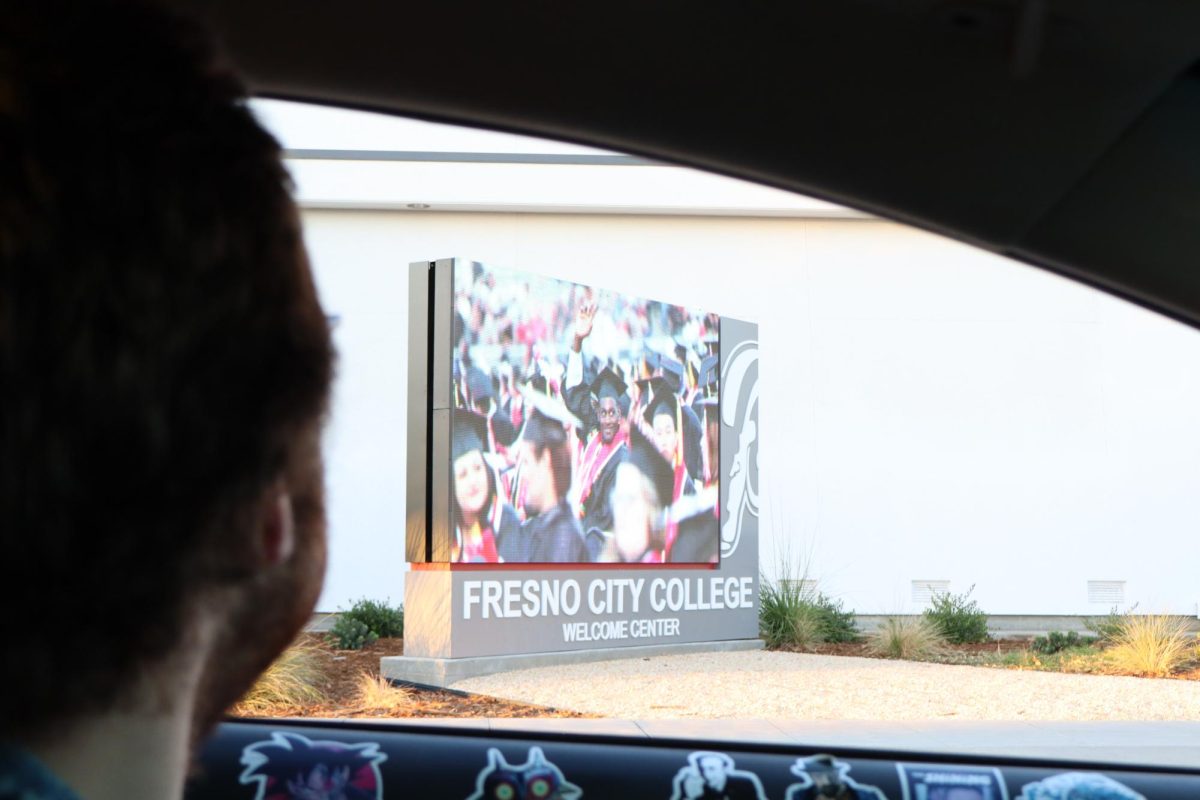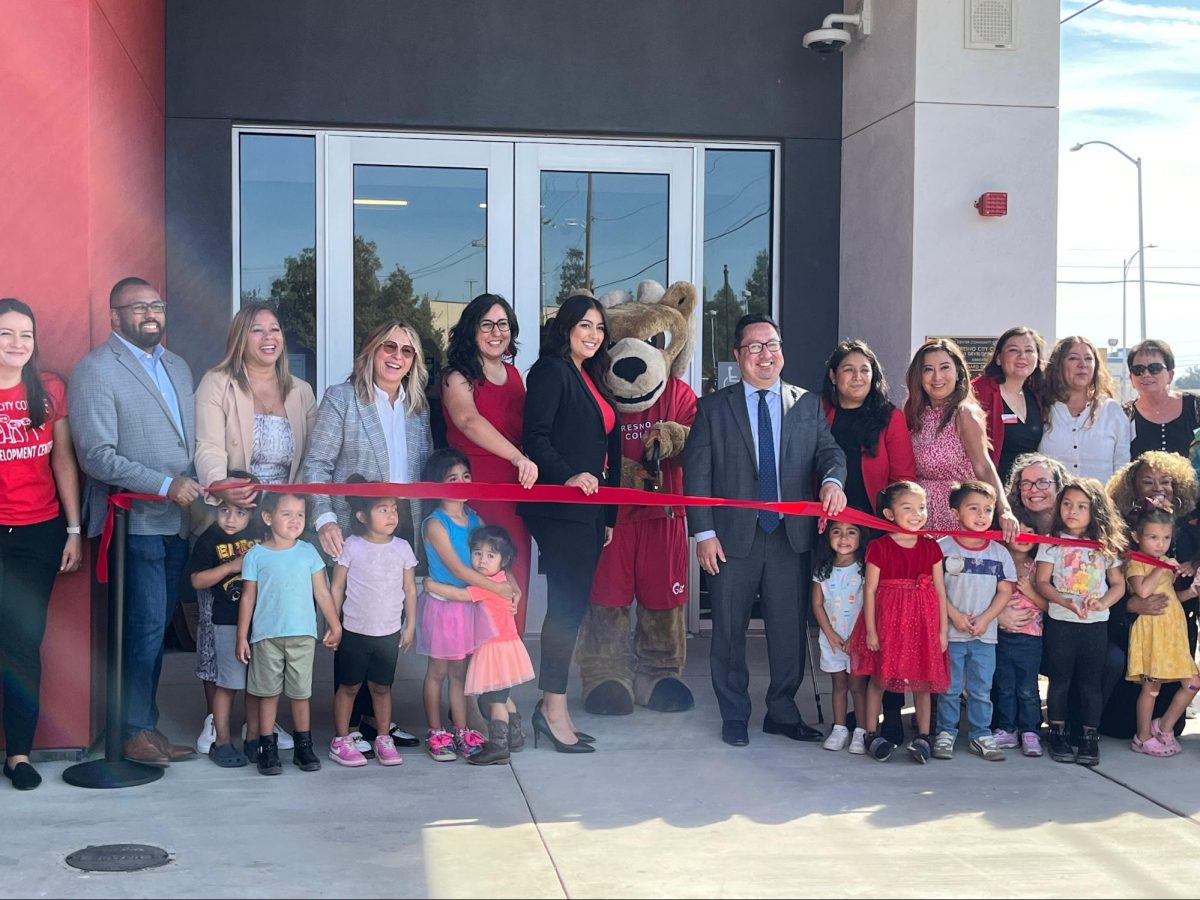Six music classes originally offered at Fresno City College this semester are no longer available. Classes such as jazz combos and advanced woodwinds were cut at the beginning of the fall 2013 semester after student demand was not sufficient enough to continue them.
Some of the six classes cut were part of the major courses needed by music majors, potentially forcing on-track music students to wait another semester to fulfill their requirements. Other students may need to sign up for classes they do not need in order to fulfill work study needs.
According to Larry Honda, chair of the music department, several of these classes were cut because of the department’s inability to “meet capacity”- or enroll enough students to create a sizeable class plus late registration and conflicting Title 5 repeatability regulations.
In the past, students had been allowed to register late for music classes by using add slips during the first week of the semester; this process creates ongoing challenge for Honda and his music department colleagues.
“Traditionally with our classes, the students don’t sign up until after the first day of school,” Honda said. “They know they’re going to be in, say, the woodwind group or the jazz combos and they just figure, ‘I’ll sign up, I’ll get an add slip.”
Many music classes such as jazz combos rely on auditions before accepting students into the course and registering them, a central reason why more advanced music classes are so small. Honda’s jazz combos class, for instance, only had eight students enrolled.
In contrast to large classes like music appreciation or beginning guitar or piano, advanced classes are attended by students usually participating in choir or orchestra- a small minority of FCC’s more than 20,000 student population.
Micah Byers, a piano and guitar performance major, was enrolled in Honda’s jazz combos class and had expected to finish his major requirements after taking the class.
“Mr. Honda started off the first class by saying that these classes are going to be cancelled and we need at least eleven people and we have eight people registered,” Byers said. “It’s always worked out, and it’s never not worked out.”
The class only met three times before it was discontinued with an announcement by Mr. Honda. Other music classes were dismissed when yellow notification flyers were posted in the Music Speech Building informing people of classes that were “no longer offered.”
Students taking unique classes with consecutive yet similar course paths are expected to take “family classes” that upgrade their curriculum with each following class, yet address the same subject matter in each class.
The Title 5 stance on course repeatability, according to the Academic Senate for California Community Colleges website, states that under regulation 55041, repetitive courses necessary to “complete or gain entry into a bachelor’s degree program at any CSU or UC campus in any discipline” will be allowed.
The regulation also allows for athletics courses, such as conditioning classes, and courses designed specifically for vocational and academic competitions.
These changes were made to regulation 55041 among others Title 5 sections in Sept. 2012 by the Board of Governors of the California Community Colleges.
For students like Byers, however, such legalities and educational codes are no consolation for the abrupt and unexpected changes made to their classes. Byers is now taking a jazz ensemble class which he finds especially challenging. Although the course satisfies his major requirements, he is still concerned about the impact taking an unexpected class will have on his education.
“I’ve just been thrown into it is because the class was cancelled,” he said concerning his new class.
Honda said that he was informed a week before school started in August about the impending class cuts. He admits to being surprised and upset by the cuts.
“I was saddened by it. And it’s a let-down to the students,” he said.
Yet Honda is not dwelling on the problems of this semester. He is already planning for positive change in the following years and ways to prevent this from happening again. The cancelled classes may be offered next semester.
“I think if we look ahead to fall 2014 and spring 2014,” he said. “We need to make sure those classes are filling up nicely.”


